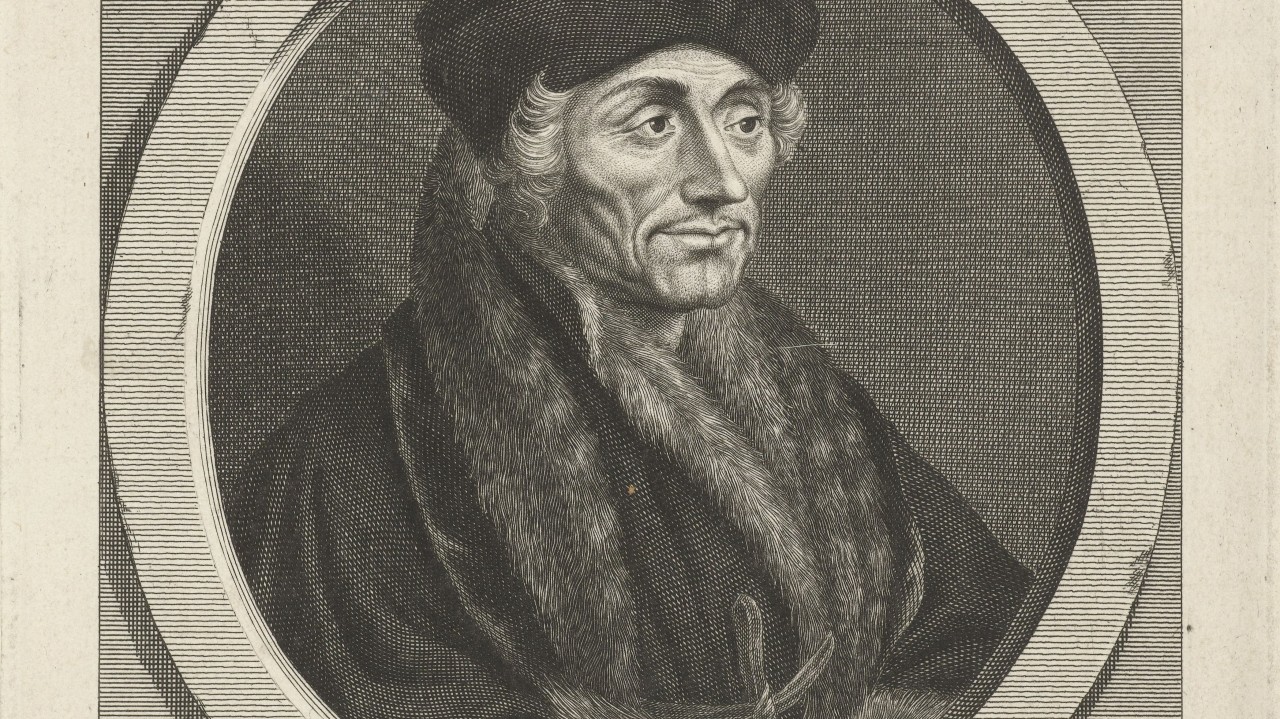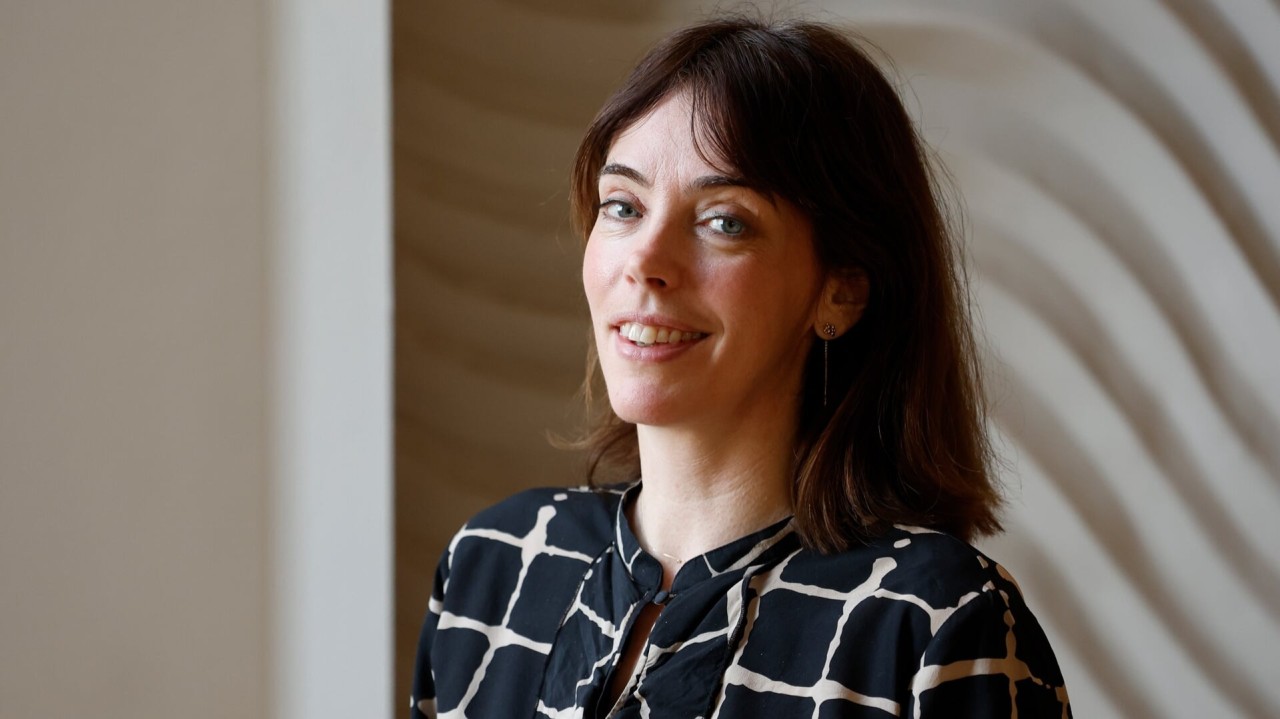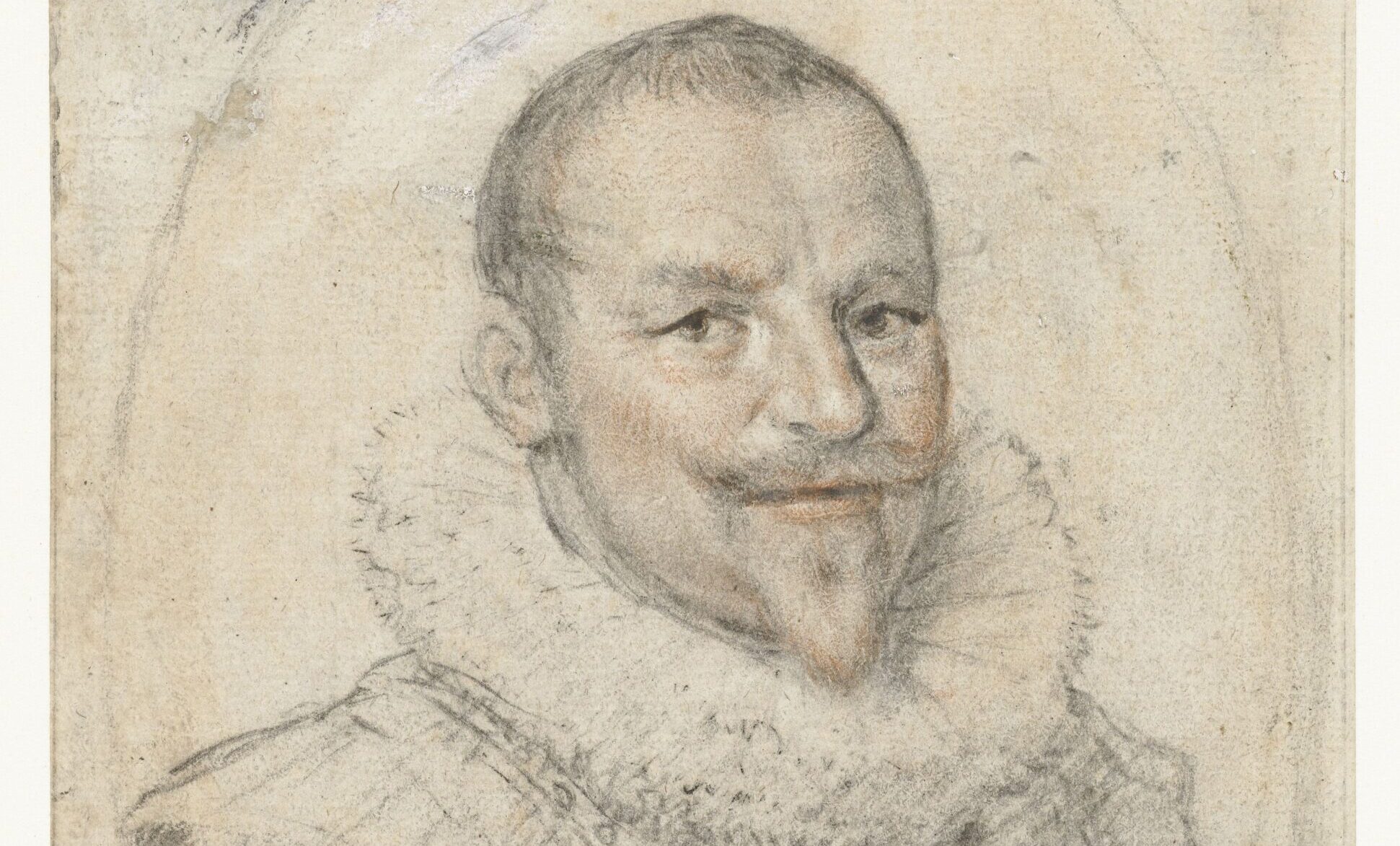An Italian in the Netherlands
How did I manage my first year living in the Netherlands? So far so good, but here are some reflections and tips that may help my fellow Italians in the Netherlands.
Driving and road signs
Though I have no problems driving, my orienteering skills are practically non-existent. You may say ‘there are Google mapsor Waze’; well, you don’t know me! And you don’t know the Dutch road signs. The good thing is that there are motorways (snelwegen ) all over the place, and accessing them is very easy, since there are no toll boots where you have to stop or slow down to pay the fee. My problem are the white signs on the road : there are white solid lines, white segmented lines, but also white curving solid and segmented lines that intersect the straight ones, usually where you have five or six lanes. Not to mention the arrows with a round belly … Aye, there’s the rub! With my orienteering skills and being new to the Netherlands, my first experiences where quite traumatizing. I basically always ended up in the wrong lines, everybody honked at me, and I got even more confused not understanding what I had done wrong. Also, certain roundabouts have two or three lanes with sometimes a low curb, instead of the long line, to separate them…guess which one I always choose! However, I’m now managing better than before. Find a car, stick to it and do what the other driver is doing. That may help if you are heading in the same direction!
Meals
Coming from Italy, I was born and grown within a ‘food culture’, which to Italians is everything: a powerful socializing means, a business tool, a courting strategy, a family thing. Lunch and dinner are both big meals, with a first and a second course, and during them you talk a lot about everything. You eat slowly, enjoy food and the company of those sitting at the table with you. Unlike the Dutch, you can eat pretty late: dinner may be between 7.30 and 9 pm (meaning that you may start eating at any time between the two times). Moving to the Netherlands, the ‘meal times culture shock’ was probably the one I found the most difficult to adapt to. I couldn’t feel hungry at 6 pm, which was the usual time when I used to have a cup of tea and biscuits in my native country. Besides that, many food combinations are not the same. If I take coffee or tea and dip cookies in it, it looks weird and people make comments . But what are cookies for, if not for being dipped in hot beverages? On the other hand, having dinner so early has its benefits: the evening snack at 9pm is one; watch out for your diet though. Try to eat fruits, not the fantastic, delicious, whipped cream covered cakes that lie in the fridge!
The language
Nobody can deny that Dutch is a very difficult language, with its harsh, guttural sounds, super-long words or, on the contrary, very short ones, like er, even, maar, echt, erg, wel, not to mention the verb prefixes and suffixes like aan-, op-, ver-, –mee, just to mention some. However, don’t be scared and keep trying! My advice? Watch TV, commercials are super to learn whole, pretty basic phrases. You might sound a bit like a TV spot at the beginning, but with some training it will get better and better. Supermarket brochures are also very useful: you can learn vocabulary about food, drinks, clothing; they were my first reading material, I even took them to bed to read some before sleeping! Finally, expose yourself to the language as much as you can, try to speak it whenever you have the opportunity, watch children’s programmes or the news to begin with, listen to the radio, watch the weather forecast (real passion of every Dutch person!) and you’ll learn in no time!
Written by Nicoletta Gueli










